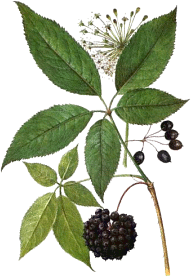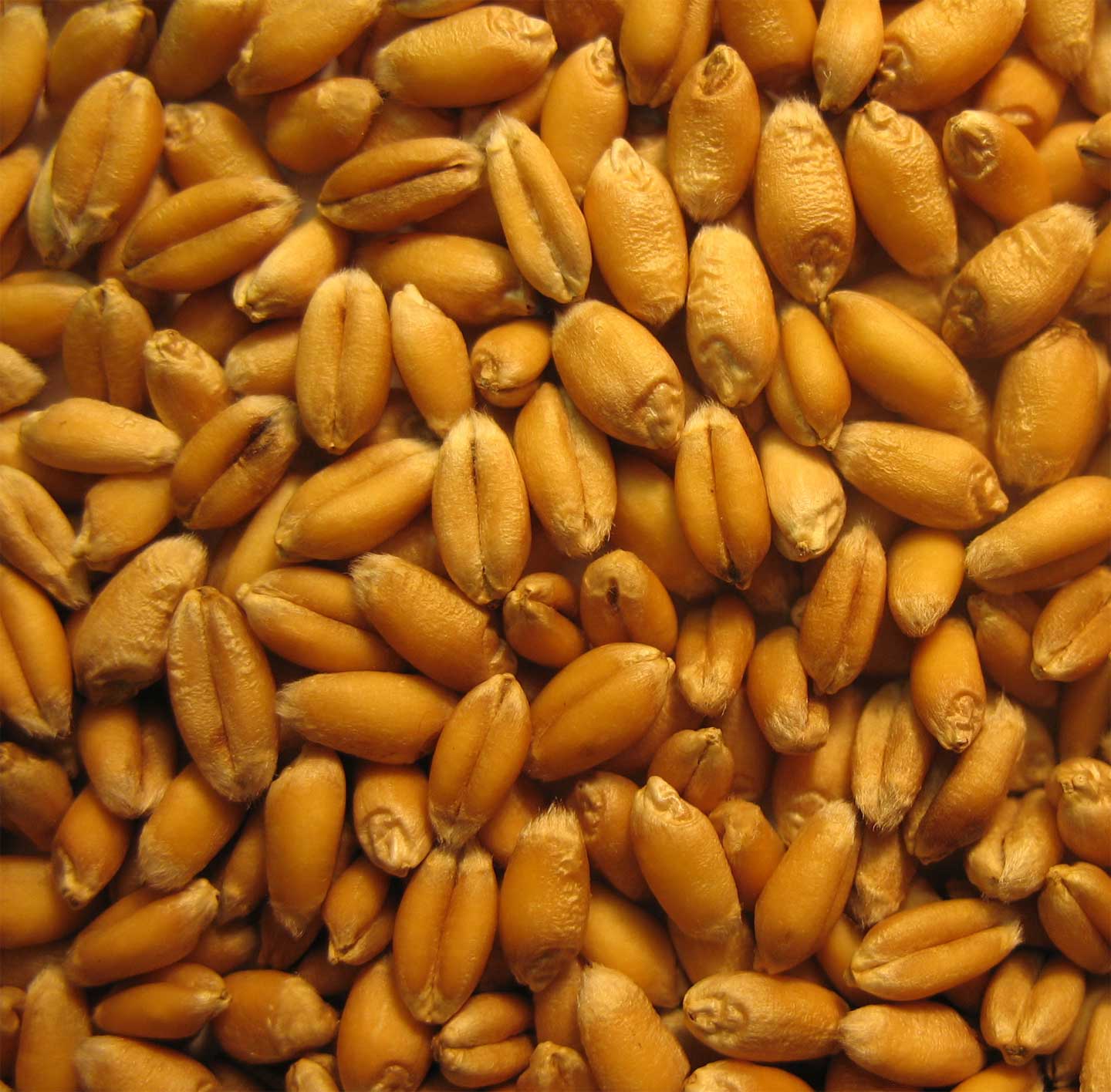A regular yoga practice does wonders for the immune system, but during cold season these herbs provide a little extra protection.
By Catherine Guthrie
If you’re already practicing yoga, it’s likely your immune system is the better for it, but during the cold and flu season, taking a few herbs and vitamins can further buttress your body against the seasonal onslaught of germs. Even Julia Fine, who’s gotten such a dramatic boost to her immune system from yoga, pops a multivitamin every day. That’s a great place to start, but if you’re looking to sharpen your immune system this winter, also consider one of the following:
 Astragalus: Take it all winter
Astragalus: Take it all winter
What it is
Often used by practitioners of Chinese medicine to shore up immunity in the face of serious illness, this herb can also stave off colds and the flu. It works preventively, says Mark Blumenthal, of the American Botanical Council in Austin, Texas. “If you know your immune system is going to be under stress from travel or work, you can take it in advance to build up your resistance.”
Suggested dose
Up to two 500 mg powdered-root capsules or tablets three times a day. Or you can take it as tea, by boiling an ounce of the root in one cup of water for 15 to 20 minutes. Tip If you use astragalus for long periods, you may become resistant to it. Take it in alternating three-week cycles with immunity enhancers like echinacea. (A study last summer dismissed echinacea, but herbal experts say a 3,000 mg daily dose does have cold-busting powers.)
Andrographis paniculata: Dose up at the first hint of a cold
What it is
An herb common in Southeast Asia, Andrographis paniculata is a potent infection fighter. In a recent review of 11 well-conducted studies, it repeatedly curtailed cold and flu symptoms such as headache, runny nose, and sore throat.
Suggested dose
Take 400 mg up to three times a day.
Tip
Look for Kan Jang, a Chinese preparation of the herb made by the Swedish Herbal Institute. You can find it in the offices of traditional Chinese-medicine practitioners.
 Eleuthero: Take it when stress looms
Eleuthero: Take it when stress looms
What it is
Eleuthero was formerly known as Siberian ginseng. While the new name may take some getting used to, it should help differentiate this supplement from Asian or American ginseng. In China, eleuthero is believed to shore up the body’s chi, a key component of good health. Although eleuthero is best known for increasing endurance, it can also enhance your ability to fight colds and infections.
Suggested dose
To keep colds at bay, take 100 to 200 mg up to three times a day. To treat a cold or flu, take 300 mg twice a day for 7 to 10 days. Or you can take it as a tea: Use an ounce of the root per cup of water, and boil for 15 to 20 minutes.
Tip
Because eleuthero is a mild stimulant, don’t take it right before you go to bed.
Vitamin C: Pop it year-round
What it is
Vitamin C is not only the most famous cold fighter but also the best studied. Clinical trials show that it helps the immune system destroy marauding bacteria. Some authorities believe it also helps the body churn out more infection-fighting white blood cells. Although the nutrient won’t prevent colds, it can cut their severity and duration by 22 percent.
Suggested dose
Down at least 400 mg a day to fill the body’s vitamin C stores.
Tip
Although some supplement makers sing the praises of megadoses of vitamin C, your body can only hang on to roughly 400 mg a day. Take more and the kidneys will ship it overboard.







